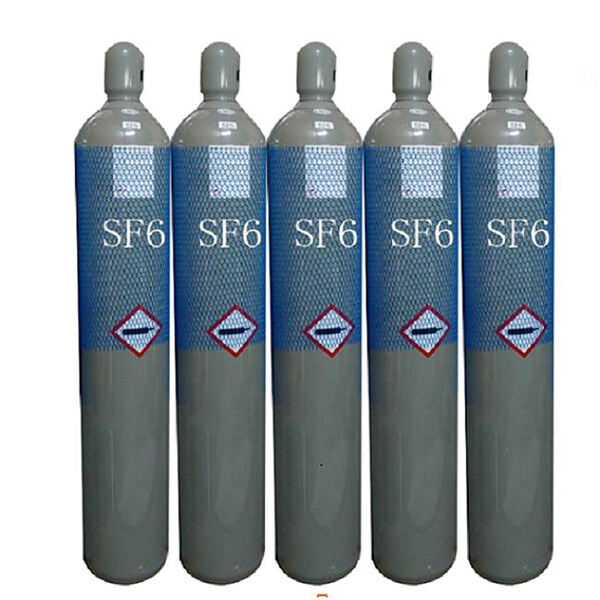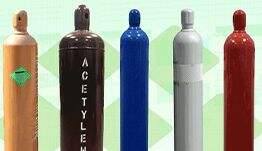Understanding Hydrogen Chloride (HCl): Properties and Applications
Hydrogen chloride, represented by the chemical formula HCl, is a colorless gas characterized by its sharp, pungent odor. A molecule of hydrogen chloride consists of one chlorine atom and one hydrogen atom. When dissolved in water, it forms hydrochloric acid, also known as hydrogen chloride acid. Notably, hydrogen chloride is highly soluble in water, with the ability to dissolve approximately 500 volumes of gas in one volume of water at 0°C.
Physical and Chemical Properties of Hydrogen Chloride
Hydrogen chloride is classified as a corrosive, non-combustible gas. Although it does not react with water under normal conditions, it demonstrates a high solubility in aqueous environments, where it commonly exists as hydrochloric acid mist in the air. Alongside its strong solubility in water, hydrogen chloride is also soluble in various organic solvents such as ethanol and ether, allowing for its utilization in a range of chemical applications.
At 25°C and 1 atmosphere of pressure, a single volume of water can dissolve about 503 volumes of hydrogen chloride gas, indicating its remarkable solubility. In its dry state, hydrogen chloride exhibits low reactivity; however, it is capable of supporting combustion when interacting with alkali metals and alkaline earth metals. For example, sodium undergoes combustion in hydrogen chloride, producing a bright yellow flame.

Industrial Importance of Hydrochloric Acid
The aqueous solution of hydrogen chloride, commonly referred to as hydrochloric acid, is widely used in various industrial applications. Commercial hydrochloric acid typically appears slightly yellow due to the presence of iron (III) chloride. It is essential in processes such as metal cleaning, pH control, and the production of various chemicals.
To verify the presence of hydrochloric acid, ammonia solution is often employed in laboratory environments. The reaction between ammonia and hydrogen chloride produces visible white particles of ammonium chloride, confirming the acid's presence.
Molecular Characteristics
Hydrogen chloride possesses a strong dipole moment, resulting in the formation of hydrogen bonds with other polar molecules. This characteristic plays a crucial role in its interactions and applications across multiple industries.
Conclusion
In summary, hydrogen chloride (HCl) is a vital chemical with numerous applications due to its properties, such as high solubility in water and its ability to form hydrochloric acid. Understanding its characteristics and reactions can lead to better comprehension and utilization in various industrial settings. As we delve deeper into the world of chemistry, particularly in relation to compounds like hydrogen chloride, we also find our way to complex gases such as sulfur hexafluoride (SF6), further expanding our knowledge in the field of chemical substances.
By maintaining awareness of these compounds and their properties, professionals across diverse industries can leverage hydrogen chloride and other related substances in innovative and effective ways.

 EN
EN
 AR
AR
 CS
CS
 DA
DA
 NL
NL
 FI
FI
 FR
FR
 DE
DE
 EL
EL
 IT
IT
 JA
JA
 KO
KO
 NO
NO
 PL
PL
 PT
PT
 RO
RO
 RU
RU
 ES
ES
 TL
TL
 ID
ID
 SK
SK
 SL
SL
 UK
UK
 VI
VI
 TH
TH
 TR
TR
 AF
AF
 MS
MS
 SW
SW
 GA
GA
 CY
CY
 BE
BE
 KA
KA
 LO
LO
 LA
LA
 MI
MI
 MR
MR
 MN
MN
 NE
NE
 UZ
UZ

